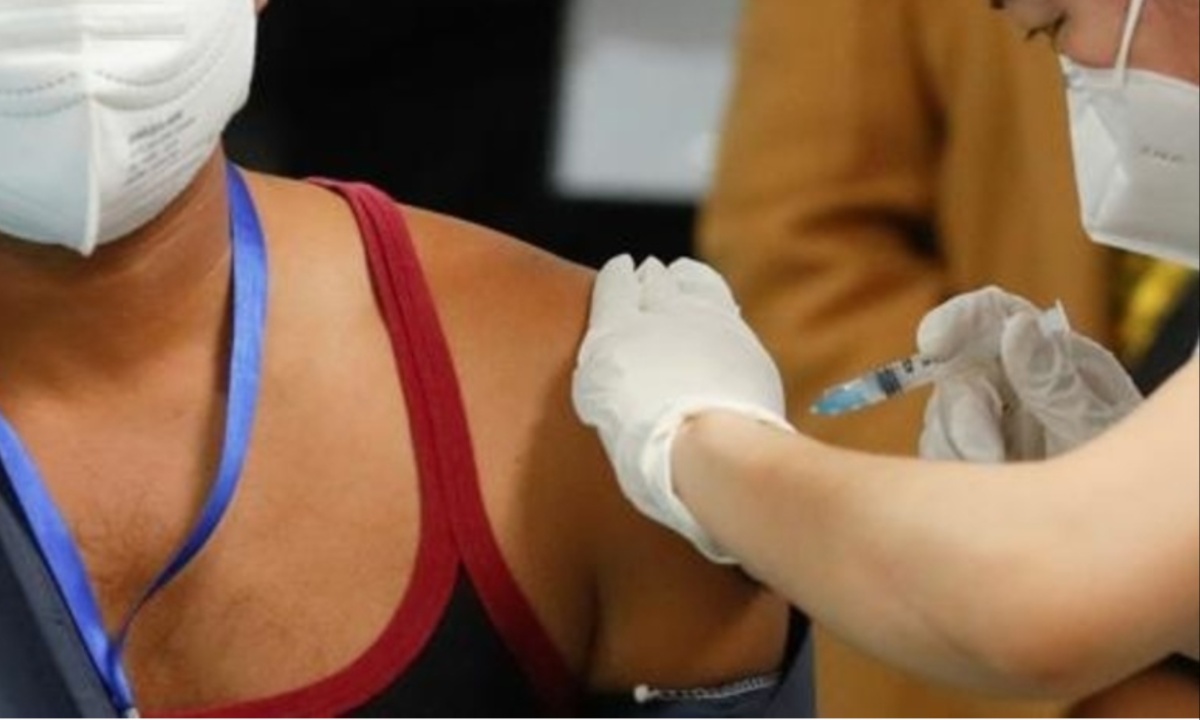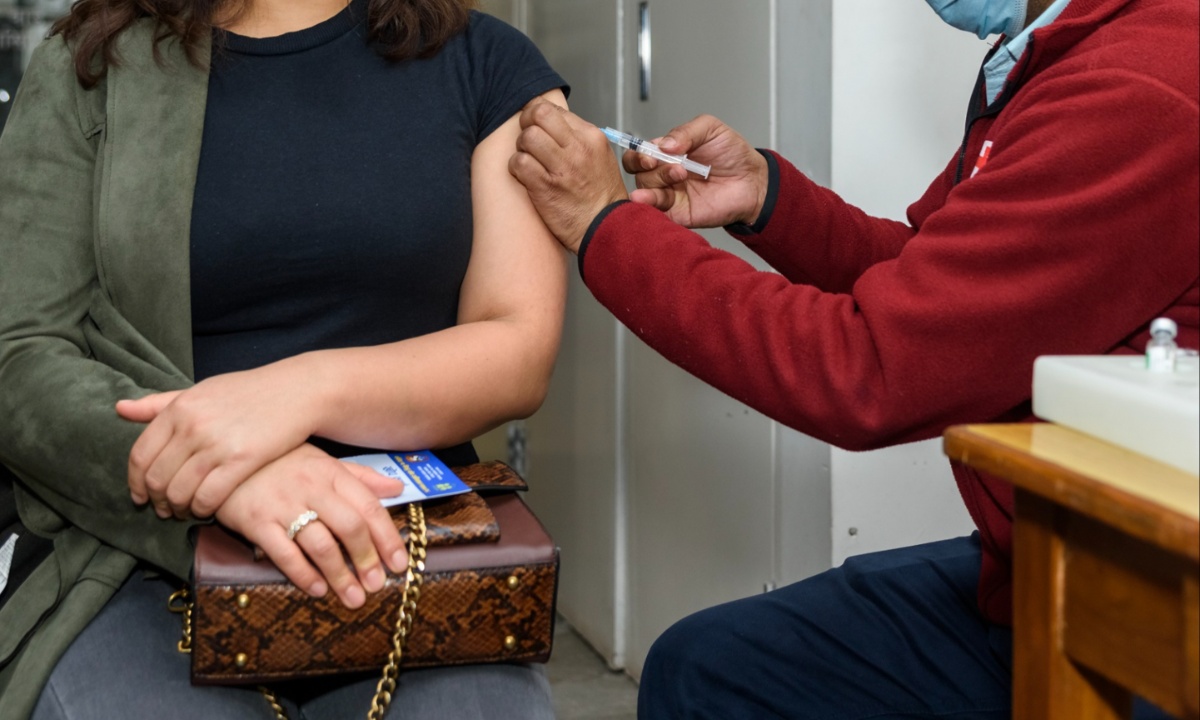A study from the University of Alabama at Birmingham, published in *The Lancet Regional Health-Americas*, has found that the COVID-19 vaccine rollout in the United States was associated with a decline in anxiety and depression among adults. The research, led by Dr. Yusen Zhai, analyzed the mental health impact of different phases of the vaccine distribution from January 2019 to February 2023.
While the general population experienced mental health improvements, the study noted that certain groups, including Black Americans, non-Hispanic persons of color, and lower-income individuals, saw their mental health worsen during specific phases of the vaccine rollout.
The researchers utilized a multi-intervention interrupted time series analysis, drawing from the CDC’s Behavioral Risk Factor Surveillance System data. This approach allowed them to evaluate changes in anxiety and depression levels in relation to key vaccine distribution phases.
The study aimed to address the lack of empirical evidence on how these phases affected mental health on a broad scale, finding that while some phases had positive effects, others highlighted significant disparities.

Significant reductions in anxiety and depression were observed during certain phases of the vaccine rollout. For instance, when vaccines were made available to educational and childcare workers, both these groups and their families experienced notable mental health improvements.
Additionally, the booster shot rollouts and vaccine availability for young children further reduced anxiety and depression, as these measures helped mitigate fears related to COVID-19 variants and children’s vulnerability.
Conversely, the study also revealed that Black Americans, non-Hispanic persons of color, and lower-income adults experienced increased anxiety and depression during the initial phases of the vaccine rollout.
This deterioration in mental health was attributed to historical mistrust, ongoing discrimination, and economic challenges exacerbated by the pandemic. The rapid development and distribution of the vaccine heightened skepticism within these communities, contributing to their mental health struggles.
Dr. Zhai emphasizes that these findings highlight the need for public health officials to consider mental health impacts in disease prevention efforts.
The study suggests that future public health strategies should integrate mental health resources, ensure equitable vaccine access, and provide clear communication to build trust, particularly among historically marginalized communities, to address the mental health disparities observed during the COVID-19 pandemic.
